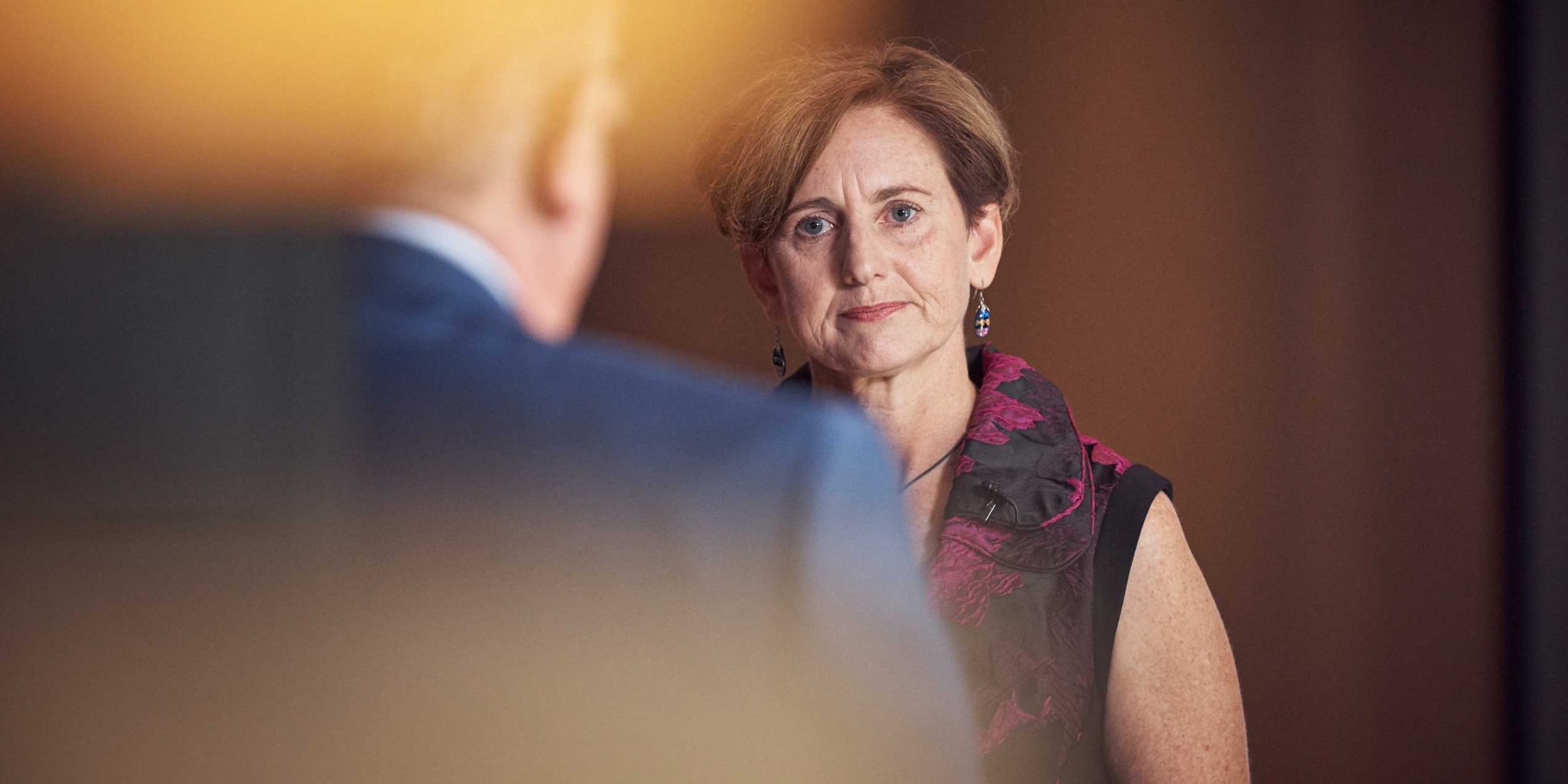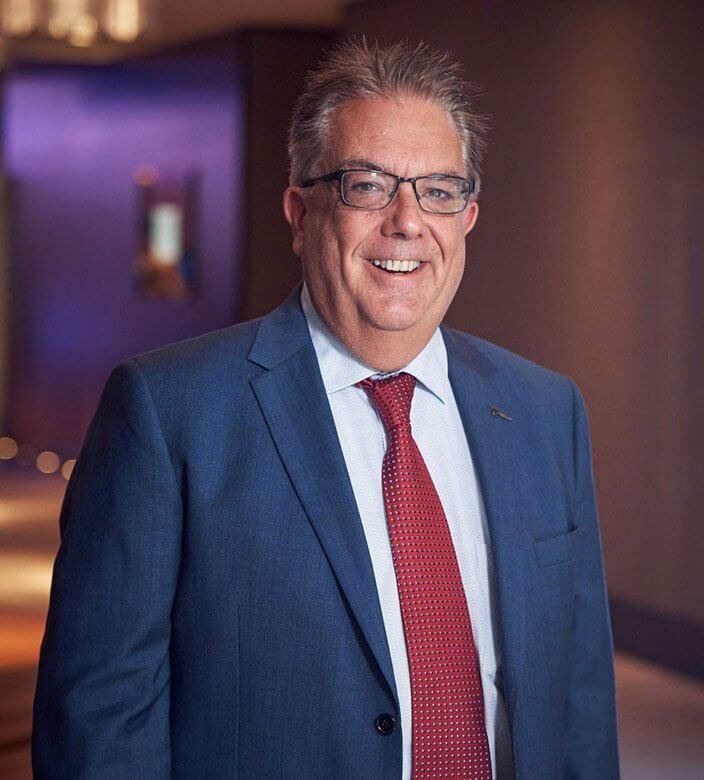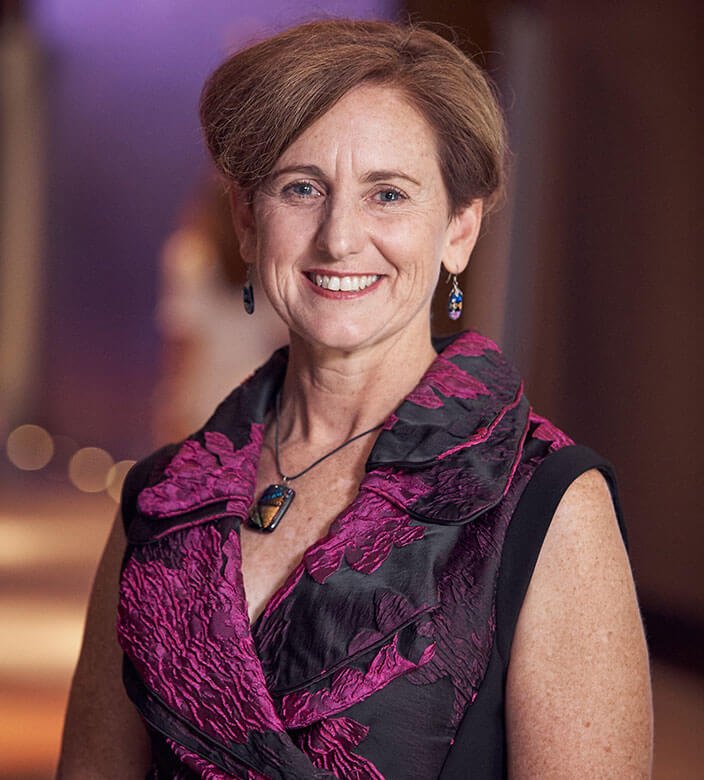At ADAPT’s CIO Edge conference, Matt Boon sat down with Susan Sly, Director of Technology and Innovation at consultancy Lueur, which works with boards and senior management to implement strategies for business success. In the interview she talks about soft vs hard skills, office politics and culture, and the right way to get your message heard.
Matt Boon:
Welcome Susan. There’s a lot of talk around soft skills versus hard skills, particularly as it rates to IT and the organisations that are dependent on them. Could you talk us through what this really means? What is the difference between soft and hard skills, and what does that means to IT professionals as they’re looking to engage across the organisation?
Susan Sly:
Certainly. I think the term soft skills comes from the fact that we haven’t had them as an industry, and ‘soft’ is a term I think that dismisses skills. My take in working with technologists integrating into businesses is that they’re actually not soft skills, they’re very, very hard skills. They’re very difficult, and what I think we need to do is shift the view that they’re not soft, they’re sophisticated because they require development and maturity in how they’re applied, and they make an enormous difference to your successful delivery.
Matt Boon:
So hard skills are critical, but bringing in some of the soft skills to deliver the hard messages in a more, if you like, humane way is probably key for many organisations.
Susan Sly:
I balk at the term ‘soft’. I don’t do the fluffy bunny. I don’t do victim mentality. I think it’s not about being soft, it’s about being firm.
Soft implies that things give, that they have no resistance, that they have no substance to them. And that’s where I think what we’ve really got to deal with is they’re not sharp skills, they’re not abrupt skills, they are very, very firm, they are solid skills. It’s effectively a hard core with a velvet outer.
Matt Boon:
Many CIOs we talk to in Australia and around the region tell us that internal processes and politics can be some of the biggest hurdles they face in terms of IT investment and innovation. What do you think are some of the things CIOs should be doing differently as they’re approaching those relationships and approaching those conversations?
Susan Sly:
The politics is can be difficult in every organisation. Whenever you are delivering change, you are challenging someone’s status quo. And people will have various perspectives on that. It might be about a power base, it might be fear of what it means for them. You have to negotiate through those. That’s where I think as technologists, we’ve got to move past the technology. We keep hearing that the hardest bit is the politics. Well then, why aren’t we actually targeting the skills required to deal with the hardest bit?
That’s why I think what we’ve got to do is place far more focus on how you influence people, how you deliver a message and a communication style, key messaging, all of those things. These are sophisticated skills that take time to build. It’s not a case of hand me the three-line message and I’ll hit the email send button. You’ve got to learn how to respond to a conversation, how to read signals, how to know how to deliver your message in a way that your audience hears it, and you’re not preaching to yourself.
Matt Boon:
In your experience, do you think most Australian CIOs have the ability to learn and even embrace those skills? Or is it a case where organisations need to be hiring differently as they consider the CIOs that are in place within their organisation?
Susan Sly:
I think they have the ability. Most teams have the ability. But they don’t necessarily have the awareness or the desire to develop them, because the skills are dismissed. We have to require them far more, and what we tend to do is we see people as technologists, full stop, or we see people as people leaders. We have to understand that the true CIOs, the sophisticated CIOs, do technology and do leadership and do the commercial and do the engagement piece.
So it has to be a far broader definition of the role. It has to be defined as that by the people who are employing them.
Matt Boon:
That’s quite a tall order, really, isn’t it?
Susan Sly:
Interestingly, I’d have to say at the moment, it is. People who have all these skills are very, very thin on the ground, but it’s not because we don’t have the potential to develop them. It’s because we never have.
Matt Boon:
Do you believe it’s important today for CIOs to consider how technology can help them demonstrate different values and different experiences?
Susan Sly:
Whenever I see a department of innovation, I wonder what everyone else is doing. Our CIOs have to be able to identify the innovative technologies, but you’ve got to go further than that. You’ve got to be able to say, here is how I think I could work with you and change your business. Here’s the value I could do. Here’s the issue I could fix using the innovative technology. So it’s that engagement piece first, followed up by the technology.
That is also one of the differentiators between a person who can sell a message and has no substance behind it, because I think that’s where you do what I refer to as shallow digital. So it looks really good on the surface, but there isn’t that technology depth sustainability behind it. That’s where I think we have to be developing in people who understand technology, not replacing or supplementing them.
Matt Boon:
So given the challenges CIOs face, where technology is one part of the equation, what advice would you give them in terms of how they can make IT much more relevant to the outcomes which employees and businesses are actually looking for?
Susan Sly:
CIOs have to take their responsibility for making informed decisions that back up the senior decision makers. Otherwise, we see a lot of CIOs or IT managers put in the positions of becoming the organisational risk manager.
And that’s where you get the view that the IT people always say no. It’s because they are managing risk where others are managing business advantage, etc. You have to actually balance it, which comes to how you engage them, what you ask of them, and their decision making.
Matt Boon:
How important is trust in all of this?
Susan Sly:
Trust is absolutely a factor. That comes back to whether you walk the values you talk. Look at things such as integrity, courage, professionalism – all of those elements contribute to trust. If you’re in a conversation with someone and they’re sitting there nodding and they’re agreeing, but they’re thinking, I don’t believe a word you’re telling me, then the decision that will be made 30 seconds after you walk out the door. Yeah, yeah, I know we said that, but no way are we going to do it. And that’s a real scenario that I hear played out in many organisations.
So one of the things we do is confront both sides with – why don’t you trust? You understand how that is damaging your organisation. Again, it has to be about it being in their interests. What’s the impact on them? Then, you can work with them all to change it.
Matt Boon:
Susan, thanks for talking with us today.































